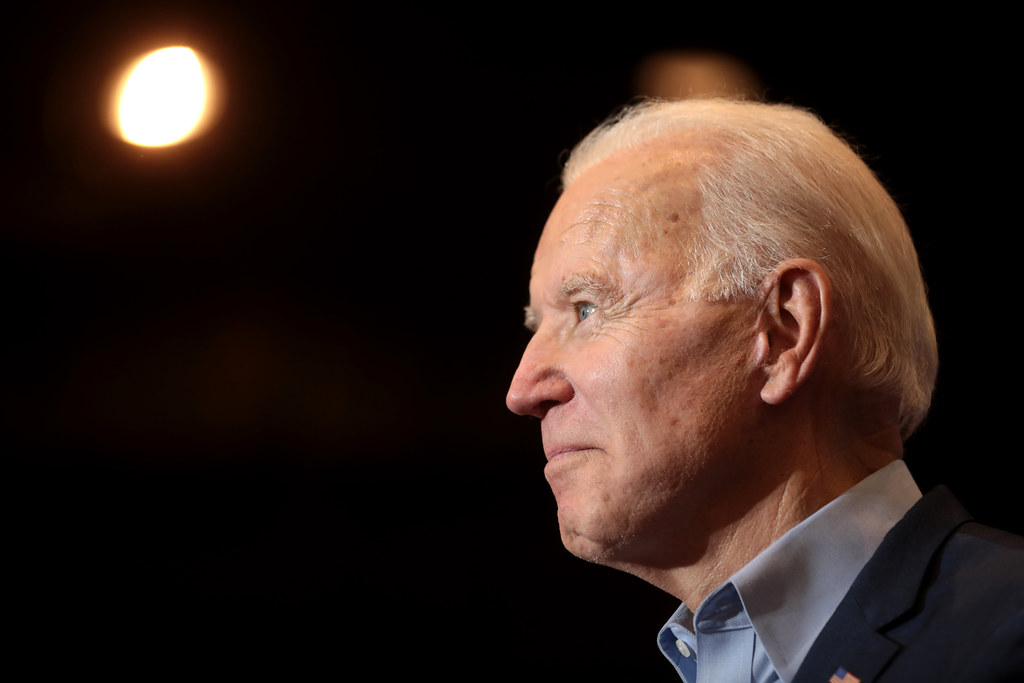As the 2024 United States presidential election draws closer Republican politicians are taking a strong stance against illegal immigration.
Texas Governor Greg Abbott recently unveiled a new immigration law known as SB4 that will make it a state crime to cross the border illegally into the state of Texas from Mexico. If passed, the law would require people accused of illegally crossing the state’s southern border to accept a magistrate judge’s order to return to Mexico or face prosecution, with possible penalties ranging from a Class A misdemeanor to a second-degree felony.
Once signed into law, local and state law enforcement officials in Texas would have the authority to arrest those suspected of entering the state without proper documentation. Immigrant rights groups have decried the law and vowed to sue the state of Texas for what they believe is a law that legalizes racial profiling and allows local law enforcement to have greater power than authorized under the law. That is because under the constitution, the removal of noncitizens falls under the jurisdiction of the federal government, and not individual states.
If passed, SB4 will undoubtedly lead to a constitutional battle. Interestingly, the law is drawing support from none other than former President Donald Trump. On November 19th the former President visited the Rio Grande Valley where he was officially endorsed for the U.S. presidency by Greg Abbott himself.
 Visa Lawyer Blog
Visa Lawyer Blog











